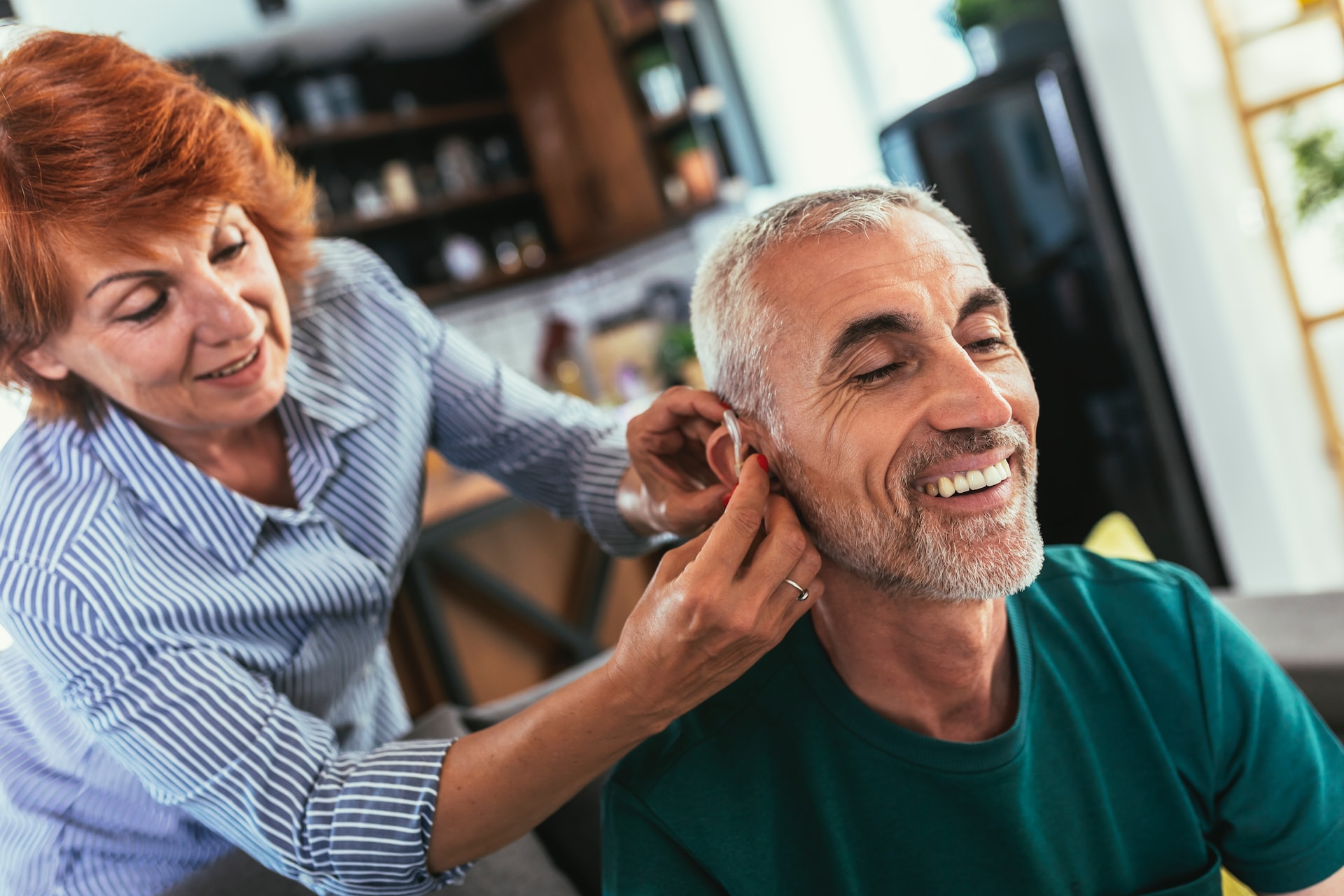Audiologists are healthcare professionals who specialize in treating hearing and balance disorders. They are licensed and highly trained. People with warning signs should see an audiologist early. These include asking others to repeat themselves, finding it hard to hear in noisy environments, and having ringing in the ears (tinnitus). Audiologists have a doctorate — called an Au.D — and may also hold a master’s degree.
Education and Counseling
Audiologists can educate patients about their hearing loss and how to manage it. They can also educate patients on the advantages and disadvantages of hearing aids and offer counseling to help them decide about their hearing health. They can also educate patients about communicating with family and friends to help them understand their needs, wants, and goals.
Additionally, they can provide education and resources on the laws protecting people with hearing loss from workplace discrimination. Audiologists can educate patients about their rights and provide information on the availability of state and federal disability programs.
Additionally, they can offer patients instructional resources that cater to their literacy level, health literacy abilities, and the cultural context of their surroundings. These factors are critical since many adults with hearing loss remain unaware of their declining hearing until they experience significant symptoms and difficulties communicating.
Hearing Aids and Assistive Devices
Whether or not medical treatment is needed for your hearing loss, an audiologist can provide a comprehensive assessment of the type and severity of your condition. Audiologist Sudbury can help you find and use the best listening devices to improve your quality of life.
A microphone, amplifier, and speaker are components of a hearing aid that increase the volume and clarity of sound. In addition, hearing aids can be fitted with a telecoil to make hearing over the phone easier. The frequency ranges that are most affected by hearing loss are the same frequencies that speech is made from, so hearing aids can help to keep your conversations clear.
Audiologists offer a variety of hearing aid styles, from traditional behind-the-ear models to more invisible completely-in-the-ear (ITE) devices. While there are many healthcare outcome measures, it can be challenging for audiologists to show the impact of their work on an individual’s overall quality of life.
As such, several counseling-based programs have been developed. These programs are associated with subjective improvements in personal adjustment/coping, limitations caused by hearing loss, self-perception, and satisfaction with hearing aids.
Support Groups and Counseling
Many local organizations focused on hearing loss host support groups nationwide that provide a community of individuals with similar experiences. Audiologists can also provide counseling to help individuals cope with the emotional challenges associated with hearing loss.
Counseling sessions can be provided individually or in a group and typically provide more in-depth guidance than a support group. While quality can be measured objectively, such as improved audiological function or reduction of morbidity from disease, it is difficult to measure the impact of treatment on an individual’s self-perceived health-related quality of life (HRQoL).
Moving away from a disease-focused approach and toward a more functional, holistic approach is crucial for improving care quality. It will necessitate a substantial change in how audiologists are educated to assess and manage a person’s hearing health.
Telehealth Services
Many people with hearing loss are unaware they have a problem until they experience symptoms and then decide to seek help. Often, hearing tests are only sometimes offered, and it can be months or even years before people notice a change in their hearing.
According to recent research, providing audiology services via telehealth can help address this issue. According to the study, telehealth has made it easier for those who are deaf or hard of hearing to obtain services in rural locations.
This technology allows them to communicate with an audiologist via videoconferencing without traveling long distances. Although, there are still some barriers to the widespread adoption of this type of service. These include licensure, reimbursement, and the cost of specialized equipment.



